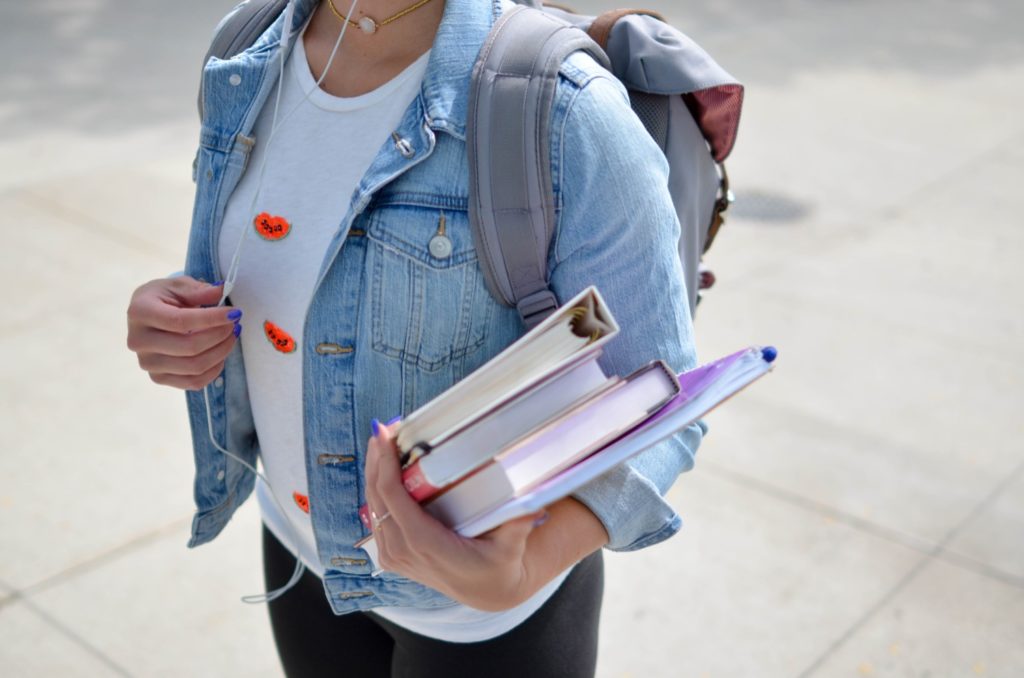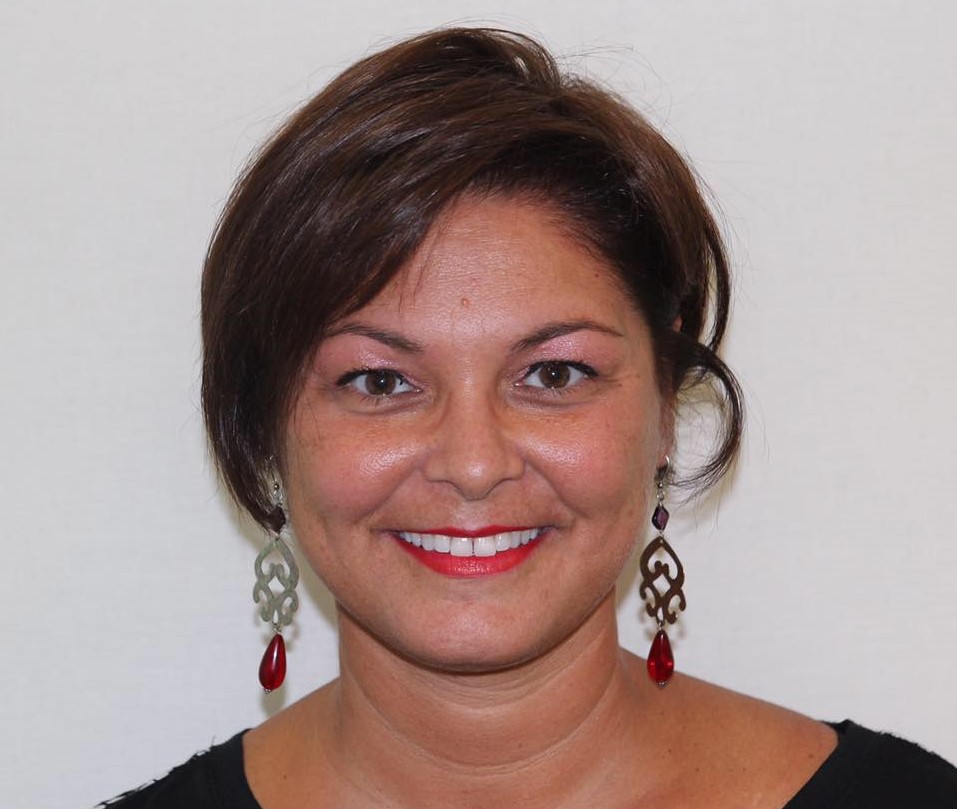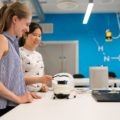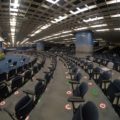
We are finally here: perhaps the most awaited moment since the end of the acute phase of the Covid emergency has arrived. The reopening of schools, with all the controversies it has brought with it, is a reality. 5.6 million students return to school after six months: a bet on the very future of the country. But what school will it be? Apart from the necessary, and often problematic in their application, security measures sanitary. Have we entered the school of the future? Or will it still be a year of transition, victim of the emergency condition we are experiencing? We talk about it with Eleonora Saladin, first Italian psychologist with a master's degree in Positive Psychology, professor of Negotiation and Sales Techniques and Neuroselling, certified trainer and disseminator. She is the author, with the collaboration of Annalisa Brichese, Fabio Caon and Carlos Alberto Melero Rodríguez, of the e-book "Distance learning" (Pearson). A volume created to help teachers transform distance learning into an opportunity to develop personal skills that are important to nourish resilience and increase learning capacity in a society in constant and constant change.

Dr. Saladino, how has the impact of the pandemic and social distancing made itself felt on teaching? And how will we be able to recover a certain normality?
At the beginning of the health emergency they said "everything will be fine", the truth is that "everything will go as we make it go". This pandemic has pushed us to an extreme distance, today's normality is not true normality and we must make it clear to the kids. We must make them understand that it is good to get used to not getting used to. Social distancing must turn into sociable distancing. Even for technological tools, it is essential to learn how to use them in order to strengthen relationships. And then the kids need new points of reference, to know that they will return to normal, and that, whatever the normalcy of the future will be, we will get there together. With the beginning of school I always recommend focusing on a positive vision of what happened: I advise teachers to ask the children how they lived this moment, allow them to also let out the anger and frustration, and then ask what we can do to get up. Unfortunately, we all got caught up in uncertainty and created more, instead of forming a common front. We are being carried away by fear instead of embodying our desires and dreams. But I'm sure that getting back to interacting, getting close to each other, will also make us more tolerant.
With what didactic tools will we be able to face this exceptional school year in the best possible way? Above all, how to motivate the kids in this new scenario?
To study learning it is essential to study its neuroscientific foundations. The brain can stay focused on an activity for no more than 90 minutes. So 45-50 minute mini-sessions are essential first. In addition, the same topic should be approached from different points of view, with visual aids, or with the use of metaphors, using mind maps for review, returning to the same topic even after some time. And then no more lectures: I will assign you a topic to study and let you identify with it as if you had to explain it to the class. No longer "to question I answer", but for example transforming questions into presentations in front of the rest of the class (in presence or at a distance). A great way to overcome the fear of public speaking as well. And then the use of the technique of flipped classroom (class upside down): independent learning by each student, with the help of multimedia tools, which takes place at home. With a second moment in which the lesson in the classroom is used by the teacher to carry out a personalized teaching oriented towards putting into practice what has been learned, where the collaboration and cooperation of students are central aspects. Even the “debate” technique is very useful: students are divided between a group that is in favor of a thesis and a group that is against, each of them defending their positions and then swapping roles. In this way they learn the technique of dialogue and are able to circumvent confirmation bias, that cognitive phenomenon by which people tend to move within an area delimited by their acquired beliefs. Thus the foundations of tolerance and openness are also built. "You cannot teach a man something, you can only help him discover it within himself", said Galileo. I think this should be the teaching of the future.
Distance teaching and face-to-face teaching will coexist. What did the forced technological leap of these months of lockdown mean, to which schools and the world of education have had to adapt? Were the teachers and students ready?
It is clear that in 2020 we can no longer teach as we did in 1950. The educational reality of this year that begins will be new for everyone, students, parents, teachers. Future activities need to be planned on the basis of what happened. The classroom cannot be replaced by anything or anyone. There are neurodidactics researches that highlight how learning is closely connected to the sensations experienced in a certain physical environment. The environment is essential, as are the ways of teaching. There are many tools that can also make learning fun, such as using smartphones for training applications. The professors at the beginning of the lockdown had to find themselves working without knowing how to use certain applications. Today, however, there is no longer anyone who does not know how to use Zoom, who has not begun to become familiar with chat, with various types of social networks. Technology helps us if it makes us understand that we must educate ourselves to use it. Know how to communicate in relation to students, be flexible according to the tool I use. Knowing that on TikTok, or Instagram, or LinkedIn communication is of a different kind. That Instagram, for example, activates, and that Facebook consolidates. Students have all the skills to understand it, teachers must understand it too.
Andrea Fasulo






